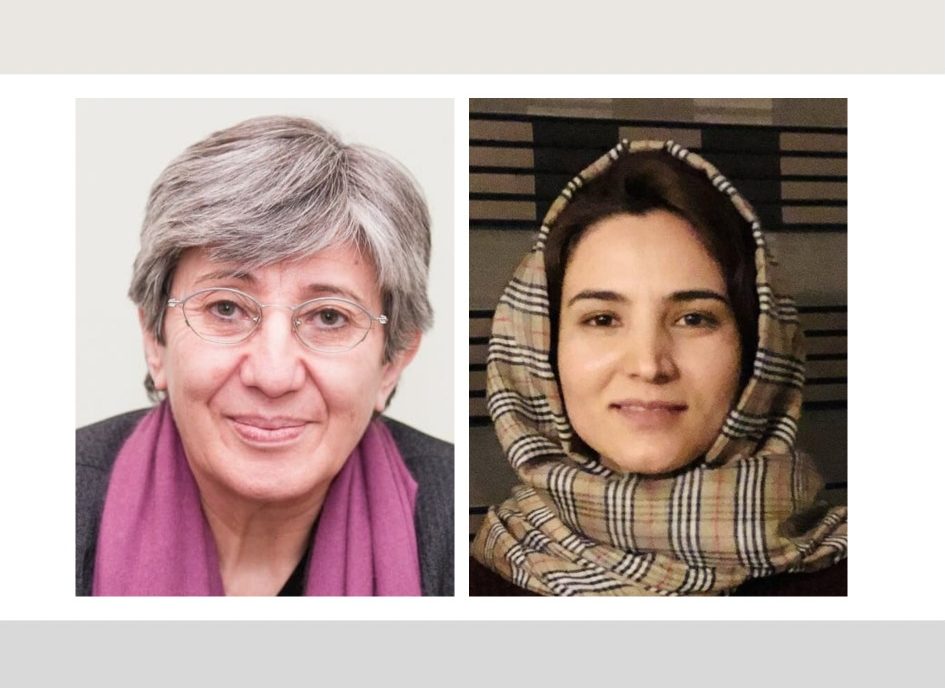In her column, Gülseren Onanç, the Founding Chair of the SES Equality and Solidarity Association, reflects on our interviews with two Afghan politicians, Sima Samar and Hosna Jalil. She shares her rage against the international actors and the notion “geography is destiny” and calls for empathy and solidarity with Afghan women.
Gülseren Onanç
Sad, despair, offended. I think that’s how Sima Samar and Hosna Jalil, two Afghan women I’ve talked to in the last few weeks feel. Sima and Hosna are brave feminist women who have served as ministers, deputy ministers, and head of human rights organization in Afghanistan where male-dominated politics and radical Islamic group, Taliban, dominates. They are both highly qualified women who comprehend Afghan and world politics. They know the problems as well as the solutions. They are well-educated, fluent in English language, have the competencies to take part in international organizations such as the United Nations. However, they both took the risk to work on solving problems in their own country.
While both women were travelling in America by chance, the Taliban took over their country. The next is known to all. They could not return to their country because the Taliban made Afghanistan a hell for women and girls. Their families remain in Afghanistan.
When I put myself in the shoes of Sima and Hosna, I want to revolt at the Taliban, to the entire male-dominated imperialist system, especially America, which left without looking at its back after twenty years without establishing a system in the country. I would also like to revolt against the President of Afghanistan, Ashraf Ghani, who surrendered his country to the Taliban and fled, to Pakistan, which supported the Taliban, and to Saudi Arabia, Iran, Russia and China, the entire patriarchal system.
I think how different their lives would have been if Sima and Hosna had been born in Norway or Iceland instead of Afghanistan. When I think of women and girls born in Afghanistan who do not have the right to education, life, and dignity in the public sphere, I rebel. In the first days of the Taliban occupation, a young Afghan woman called out to the world and said, “Hey world, do you care what happens here? Are we important to you? Do you see us?” I can’t forget her voice. I rebel against the fate of geography. I rebel against those who watch the persecution in Afghanistan.
Sima and Hosna are resentful, offended and sore. They cannot predict when they will return to their beloved country. They are worried about their families, loved ones, women and girls in their country. But they also keep their hopes alive; “70% of the Afghan population consists of young people born after the Taliban regime. They have experienced what individual freedoms are; they use social media, they have a motivation to resist,” Hosna says.
We watch with admiration the women who do not flee their country and resist. I ask Hosna what should be done, what can we do. “Put pressure on your governments. The Turkish government may be more influential on the Taliban than the American government. Your government should ask the Taliban to form an inclusive government that includes different groups, especially women, and not to prevent girls from going to school,” she says.
Sima and Hosna look for the opportunity to return to their beloved hometown through the first door they find open. Their minds and hearts are in their homeland. According to the UN Refugee Agency research, Afghan women say they can live in Turkey the most, after their country. I invite Sima and Hosna with all my heart .”Come to Turkey, we would like to make you feel at home a little bit. We want to experience and keep women’s solidarity alive.”
In fact, we are all refugees, and in fact, we are all in the same boat.


